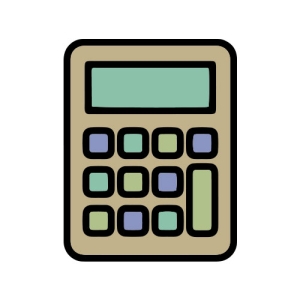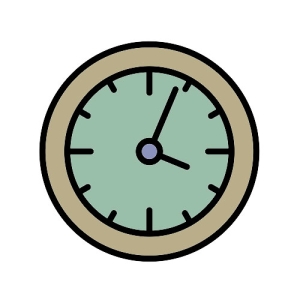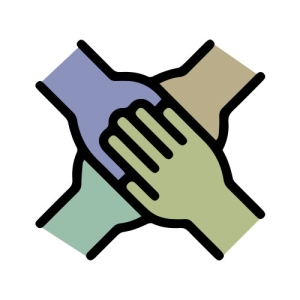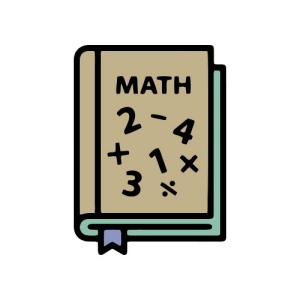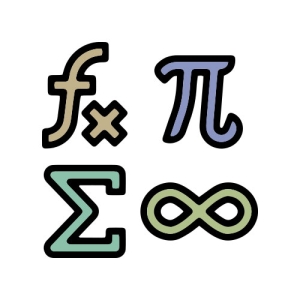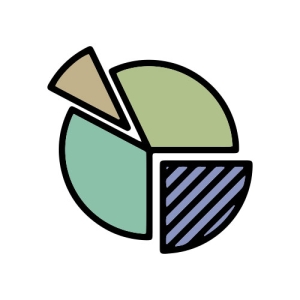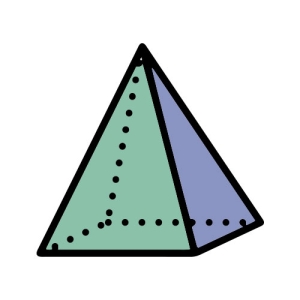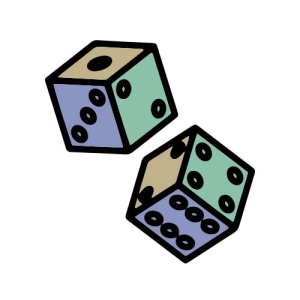This website uses cookies so that we can provide you with the best user experience possible. Cookie information is stored in your browser and performs functions such as recognising you when you return to our website and helping our team to understand which sections of the website you find most interesting and useful.
There is a broad portfolio of services available to suit all learners, both tutor and student led.
If there are large knowledge gaps, a combination of group and 1-1 lessons can work best. For those looking for fast progression, an intensive revision or all day course can be most beneficial.
All exam boards are covered and there are plenty of opportunities to work through past exam papers. Students learn how the marking scheme works and what they need to do to maximise your grade so that they leave tutoring with the confidence and motivation to maximise their potential.
Maths Tutor Bedford takes a very personalised approach. If a student is preparing for an exam or struggling with homework, sessions can be tailored to accommodate this. Learners are also provided with plenty of resources to revisit topics on their own.
For parents wanting to help their children, sessions are available to explain the syllabus to them and advise them how best to help.
Please call to discuss your requirements in more detail.
Services
GCSE One To One Tutoring
One-to-one tuition is a very different kind of learning to that your child will have experienced at school. It enables children to catch up or excel at a rate that works for them. This is a very personalised approach to fit in with the specific needs of the learner and can be designed to assist with homework, filling in gaps, term or year-end exams or the GCSEs themselves. Progress is rapid as there is no time wasted with learners waiting for or trying to keep up with others. MTB will teach a student to think both creatively and logically.
GCSE Group Courses
Some students work better in a more collaborative environment and GCSE group programs can provide a cost effective introduction to Maths tuition. It provides a useful overview of key topics which can then be studied in further detail on a 1-1 basis if required. Group sessions are small; no more than 5 students. This means the tutor can focus on specific requests from participants and tailor the sessions according to need. These sessions are generally an hour long each and run over a total of 6-8 hours.
GCSE Intensive Revision
GCSE Intensive revision programmes usually take place in the Easter Break or May Half Term just prior to the exams. The sessions cover all examinable areas. The focus is on working through exam papers, understanding the marking scheme, checking time management, improving exam technique and filling in any newly identified knowledge gaps. MTB will highlight common flaws and misinterpretations.
GCSE Full Day Courses
These are bespoke 1-1 all day sessions where the student dictates the topics they wish to cover and the level and pace at which the day progresses. If a learner is either aiming for a grade 8/9 or perhaps struggling to secure a pass, these very personalised day sessions can make a considerable impact on performance. Many learners request these courses when they have been surprised at a poor exam result in school that is not on par with their predicted grade. This is particularly prevalent where whole topics have not been covered due to time constraints in school and it is often the very high grade topics that have been omitted.
GCSE Home Schooling
For children who are home schooled, additional support from a private tutor provides students with a chance to revisit more difficult topics and explore new techniques. Home schoolers are often very disciplined in their approach but lack the opportunity to discuss strategies which help them make sense of the most difficult questions. Becoming competent at problem solving is a complex process and requires thoroughly constructing the correct stages of the problem solving process and guiding students as to how to developing key skills. Students then need to be guided to reflect further on the skills they have learned and the scope of their application.
Parental Tutoring
If your child is having difficulties with some of the fundamentals of maths and you are struggling to support them, a few parental support sessions can teach you the techniques that will see them through the beginnings of their secondary schooling and beyond eg:
- Dividing fractions
- Decimal notation and place value
- Rounding whole numbers and decimals
- Significant figures
- Highest common factors and lowest common multiples
- Square and cubic numbers
- SOHCAHTOA
- Basic geometry
Math Subjects
Number
- Structure and calculation
- Fractions
- decimals
- percentages
- ratio
- roots
- units of measure
- Measures and accuracy
Algebra
- Notation
- Vocabulary and manipulation
- Equations
- Graphs
- Sequences
- Formulae and inequalities
- Sequences
Ratio Proportion & Rates Of Change
- Scale factors and maps
- Ratio notation
- Direct and inverse proportions
- Compound units
Geometry & Measures
- Properties and constructions
- Describe changes due to rotations, reflections and translations
- Understand the properties of circles
- Vectors
- Pythagoras
Probability & Statistics
- Probability experiments using tables and frequency trees
- Apply ideas of randomness, fairness and equally likely events to calculate expected outcomes of multiple future experiments.
- Use tables, grids, Venn diagrams and tree diagrams
- Calculate the probability of independent and dependent combined event
-
Infer properties of populations or distributions from a sample, whilst knowing the limitations of sampling.
-
Interpret and construct tables, charts and diagrams
-
Understand median, mean, mode and modal class





